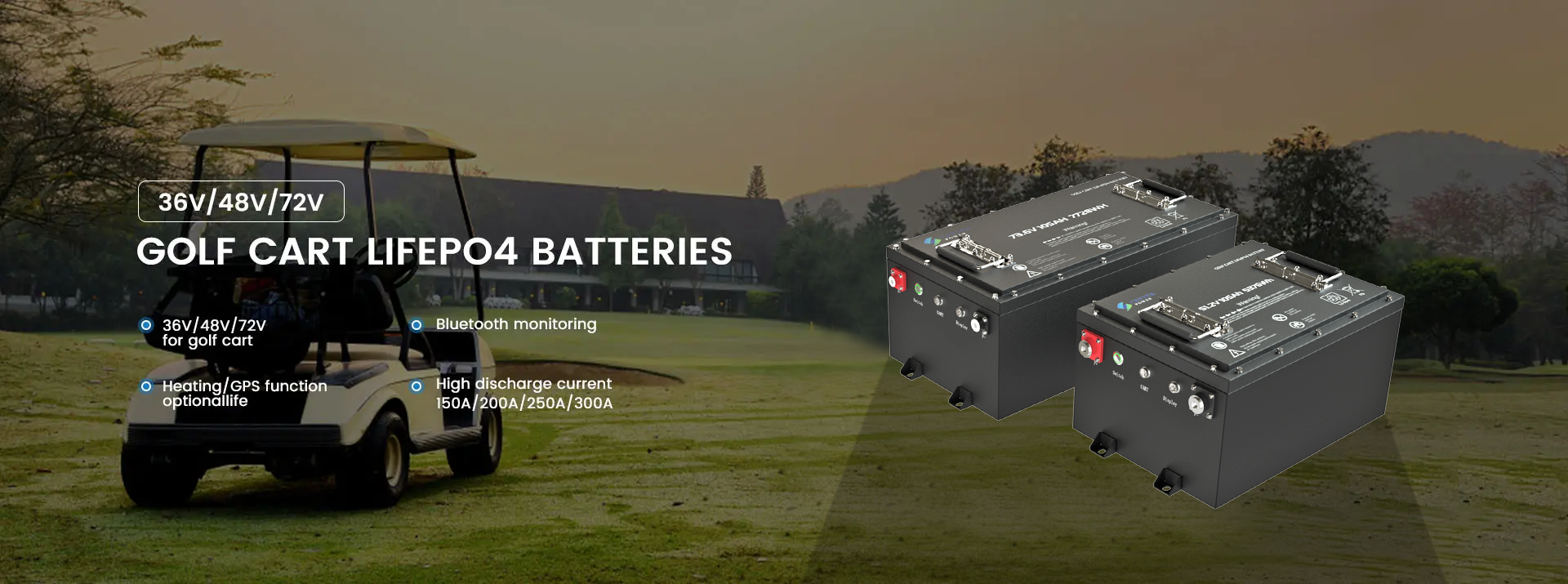Cold Cranking Amps (CCA) is a measure of a battery's ability to start an engine in cold temperatures. Specifically, it indicates the amount of current (measured in amps) a fully charged 12-volt battery can deliver for 30 seconds at 0°F (-18°C) while maintaining a voltage of at least 7.2 volts.
Why Is CCA Important?
- Starting Power in Cold Weather:
- Cold temperatures slow down chemical reactions in the battery, reducing its capacity to deliver power.
- Engines also require more power to start in the cold due to thicker oil and increased friction.
- A high CCA rating ensures the battery can provide sufficient power to start the engine in these conditions.
- Battery Comparison:
- CCA is a standardized rating, allowing you to compare different batteries for their starting capabilities under cold conditions.
- Choosing the Right Battery:
- The CCA rating should match or exceed the requirements of your vehicle or equipment, especially if you live in a cold climate.
How Is CCA Tested?
CCA is determined under strict laboratory conditions:
- The battery is chilled to 0°F (-18°C).
- A constant load is applied for 30 seconds.
- The voltage must stay above 7.2 volts during this time to meet the CCA rating.
Factors Affecting CCA
- Battery Type:
- Lead-Acid Batteries: CCA is directly influenced by the size of the plates and the total surface area of active materials.
- Lithium Batteries: While not rated by CCA, they often outperform lead-acid batteries in cold conditions due to their ability to deliver consistent power at lower temperatures.
- Temperature:
- As temperature drops, the battery's chemical reactions slow, reducing its effective CCA.
- Batteries with higher CCA ratings perform better in colder climates.
- Age and Condition:
- Over time, a battery's capacity and CCA decrease due to sulfation, wear, and degradation of internal components.
How to Choose a Battery Based on CCA
- Check Your Owner's Manual:
- Look for the manufacturer's recommended CCA rating for your vehicle.
- Consider Your Climate:
- If you live in a region with very cold winters, opt for a battery with a higher CCA rating.
- In warmer climates, a battery with a lower CCA may suffice.
- Vehicle Type and Use:
- Diesel engines, trucks, and heavy equipment typically require higher CCA due to larger engines and higher starting demands.
Key Differences: CCA vs Other Ratings
- Reserve Capacity (RC): Indicates how long a battery can deliver a steady current under a specific load (used to power electronics when the alternator isn't running).
- Amp-Hour (Ah) Rating: Represents the total energy storage capacity of the battery over time.
- Marine Cranking Amps (MCA): Similar to CCA but measured at 32°F (0°C), making it specific to marine batteries.

Post time: Dec-03-2024





